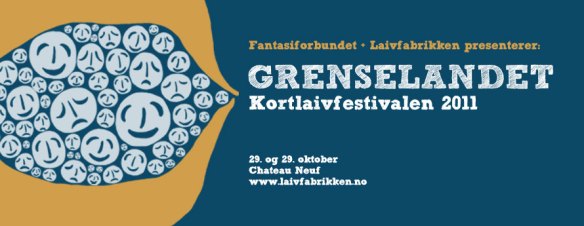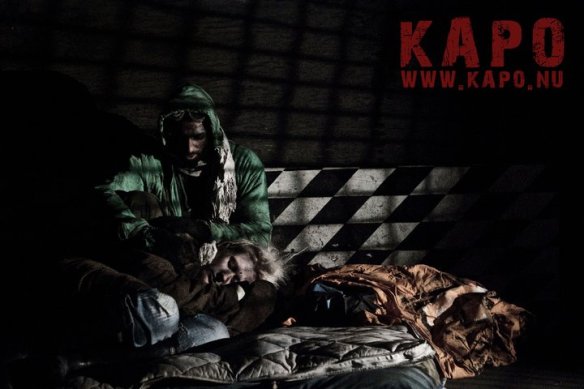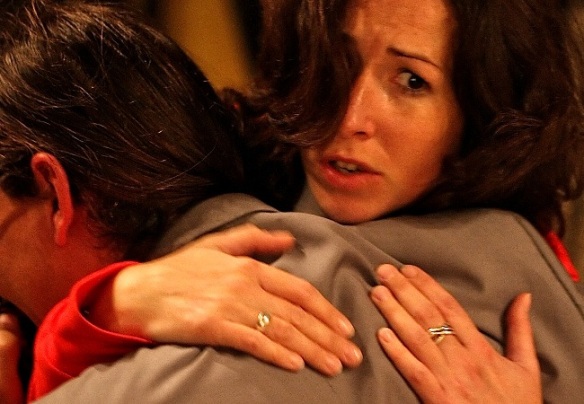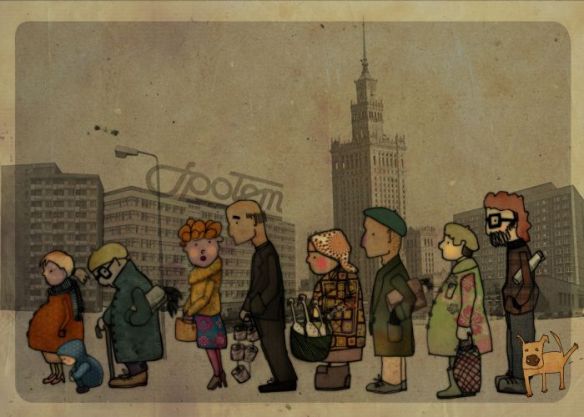
The Polish Institute of National Remembrance (IPN) produces board games for historical education purposes. One of their games, The Queue (Kolejka), tells a story of everyday life in Poland at the tail-end of the communist era.
- At first glance, the task of the 2 to 5 players appears quite simple: they have to send out their family, which consists of 5 pawns, to various stores on the game board to buy all the items on their randomly drawn shopping list, says Katarzyna Hołopiak.
- The problem is, however, that the shelves in the five neighborhood shops are empty…
The IPN is the biggest archive in Poland. The basic tasks of the Institute include: gathering, assessing and disclosing of documentation created by state security agencies in the years 1939-1989.
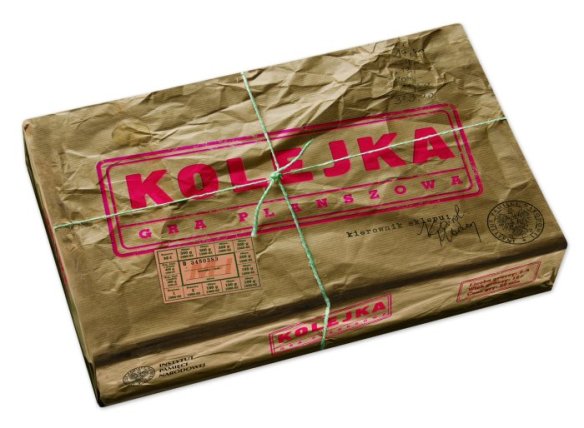
Web: Institute of National Remembrance
Downloadable game: The Queue
Illustration: The Queue board game

